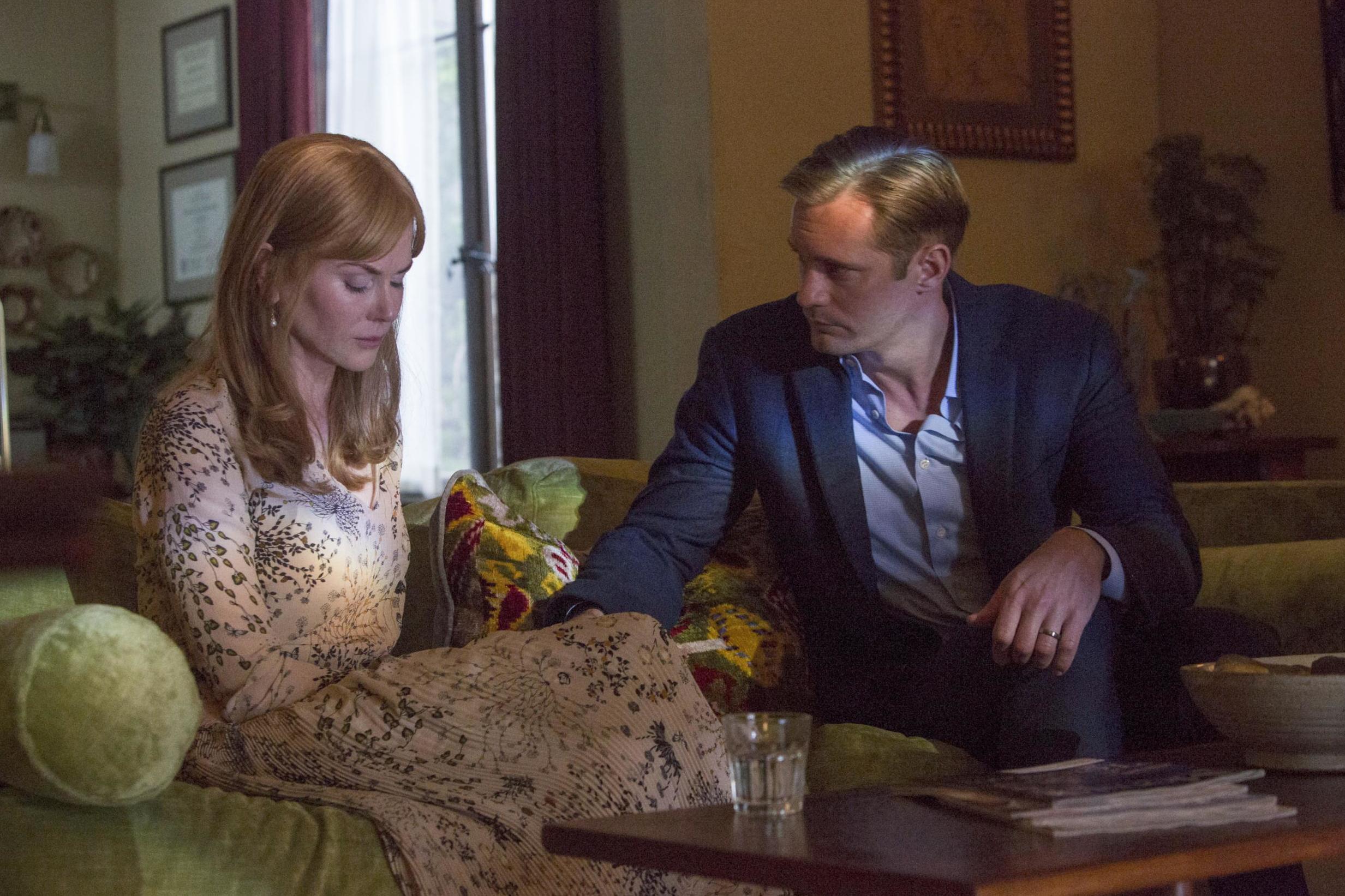TV shows and films to warn viewers if scenes show domestic abuse following petition of 90,000 signatures
The petition called on TV networks to do more to support victims of sexual violence

Your support helps us to tell the story
From reproductive rights to climate change to Big Tech, The Independent is on the ground when the story is developing. Whether it's investigating the financials of Elon Musk's pro-Trump PAC or producing our latest documentary, 'The A Word', which shines a light on the American women fighting for reproductive rights, we know how important it is to parse out the facts from the messaging.
At such a critical moment in US history, we need reporters on the ground. Your donation allows us to keep sending journalists to speak to both sides of the story.
The Independent is trusted by Americans across the entire political spectrum. And unlike many other quality news outlets, we choose not to lock Americans out of our reporting and analysis with paywalls. We believe quality journalism should be available to everyone, paid for by those who can afford it.
Your support makes all the difference.The British Board of Film Classification (BBFC) has announced changes to the way it handles scenes of domestic abuse in film and TV shows.
Going forward the BBFC says it will flag the information as “domestic abuse” rather than “domestic violence” in the information it issues to accompany ratings.
This is because “abuse” is considered a broad enough term to encompass all psychological abuse as well as forms of economic abuse, gaslighting and other non-violent abuse.
It will also stop using the phrase “themes of” in a bid to not “trivialise” the issue.
In February more than 90,000 people signed a petition calling on TV networks to do more to support victims of sexual violence.
The petition, published on campaign site 38 Degrees, said all channels should be obliged to provide support and information after showing sexual violence on screen.
It also called for more consistent and advanced trigger warnings to be placed across all platforms; whether viewers were watching live or downloading programmes at a later date.
Previous research done by Women’s Aid suggested that the BBFC should also avoid giving too much detail in the advanced warnings because “people’s sensitivities and triggers are complex”.
The research indicates survivors can experience a negative emotional response after watching scenes of domestic abuse, especially if it is unexpected.
The Rape Crisis Helpline experienced a 132 per cent increase in calls after the showing of a rape storyline in ITV’s Broadchurch.
The research indicates survivors can experience a negative emotional response after watching scenes of domestic abuse, especially if it is unexpected.
This could be traumatising, the BBFC said. In response it promised to flag up domestic abuse in every case, even if the scenes were not category defining.
David Austin, the chief executive of BBFC said: “What it [the research] has shown, is that we should bring our ratings info more in line with what people expect and understand, which is exactly what we’re going to be doing.
“These changes will give people the information they need to choose content well,” he said.
Adina Claire, the acting co-chief executive of Women’s Aid, said: “We’re pleased that the BBFC has responded to the report and reflected the attitudes in their classification policies, meaning that anyone affected by domestic abuse will now have the clear and consistent information they need about what triggers content may contain.”
Join our commenting forum
Join thought-provoking conversations, follow other Independent readers and see their replies
Comments